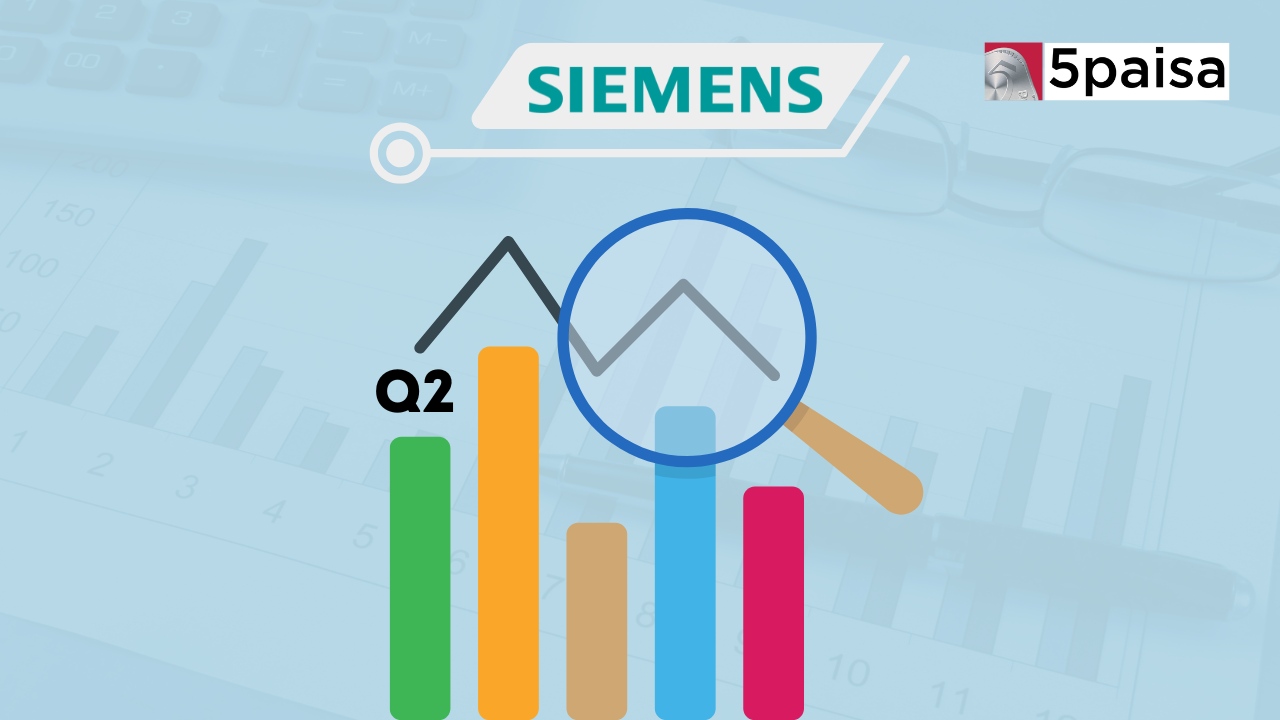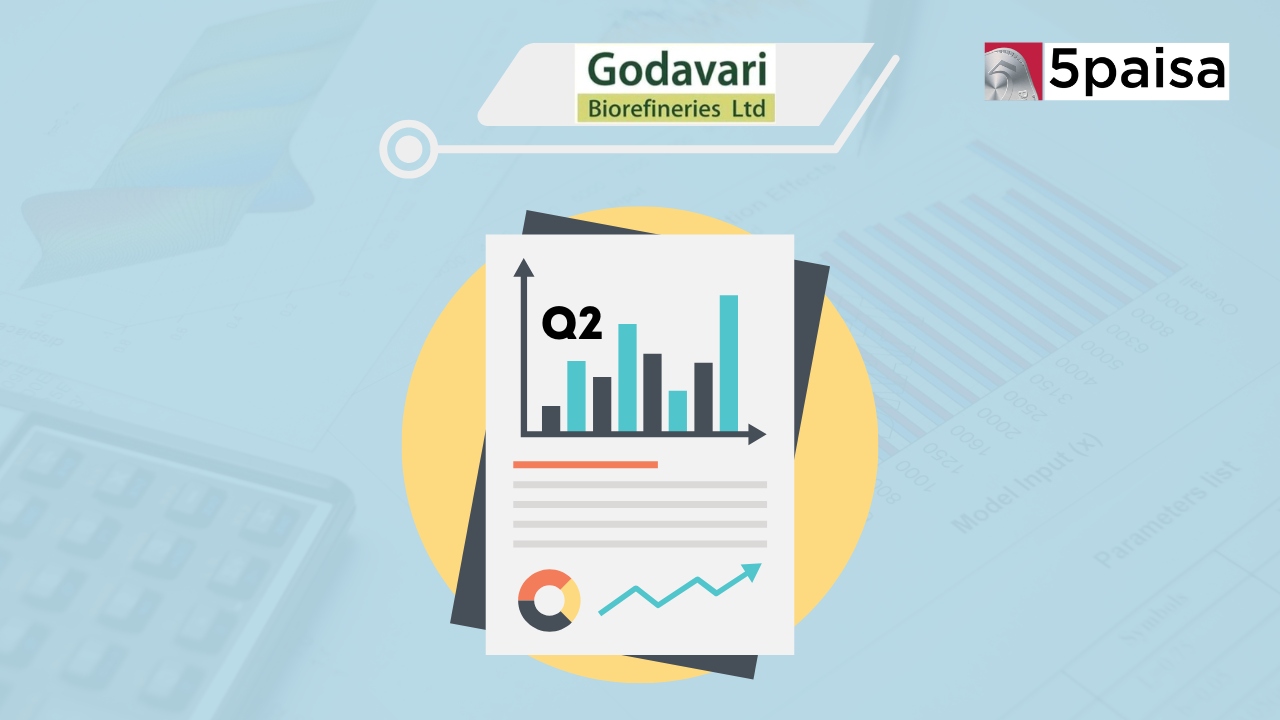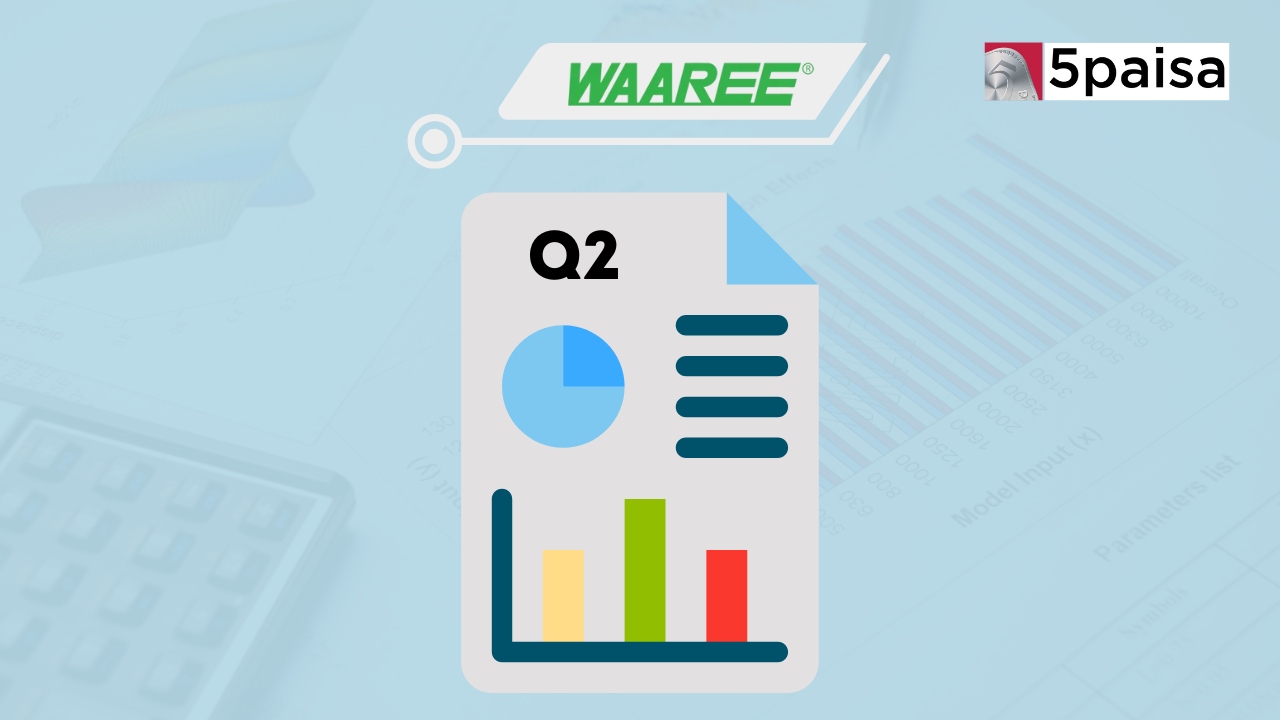Swiggy Reports ₹625.5 Cr Net Loss in Q2 Despite Revenue Growth
What are different types of corporate actions?

If individuals want to be a successful investor or a trader, then he/she should have a thorough understanding of the market fundamentals. An important fundamental aspect of investing is understanding the various types of corporate actions.
Corporate actions are initiatives taken up by a company that brings in a change to its stock. A good understanding of them gives a clear picture of the company’s financial health and determines whether to buy or sell a particular share.
There are many types of corporate actions that an entity can choose to initiate. It can be mainly divided into three types mandatory, mandatory with choice and voluntary corporate actions.
Let us take a look at the most common types of corporate action under each category.
Mandatory Corporate Action
It is decided by the company’s board of directors and it affects all shareholders once implemented. There is nothing much a shareholder can do when it comes to mandatory corporate actions.
- Stock Split and Reverse Stock Split
It is a scenario when a company announces that it is splitting the face value of its shares. Thus, if the face value is Rs 10 and the company announces 1:5 stock split, the new shares will have face value of Rs 2. The shareholder receives 5 shares for each share that he owned. The market price of the stock falls but the market capitalization of the company does not change meaningfully.
However, the opposite happens in case of a reverse stock split. the number of outstanding shares is reduced to increase the share price. - Bonus Issue
These are free shares that the shareholders of the company receive against the shares that they already own. Bonus shares are issued out of the reserves in shareholder funds. Companies announce a ratio by which new shares are allotted to existing stockholders. If the ratio is 3:1, the stockholder receives 3 shares for each share held. When bonus shares are issued, the number of shares increases but the value of the total shares remains unchanged. - Merger and Acquisitions
In a Merger two or more companies agree to merge themselves in order to increase the scale of operation and profit. Similarly, an acquisition is an event where the bigger company acquires a smaller company for further expansion. - Spinoffs:
Spinoff leads to the creation of an independent company through the distribution of new shares of an existing business. In other words, it’s a type of divestment.
Mandatory with Choice Corporate Action
- Dividend Payout:
Cash rich companies which do not have adequate opportunity to deploy cash in lucrative business opportunities return a portion of cash to its shareholders. Most often, dividends are paid out of profits though it is not strictly necessary. Dividends are announced periodically (semi-annually, annually etc). Generally, high growth companies do not pay much dividend, while stable cash generating businesses do. To be eligible to receive dividend, one should own the stock on the record date.
Voluntary Corporate Actions
- Buyback
A company can offer to buy back its shares from the existing stockholders either because it thinks the share price is too low or because it has surplus capital that it cannot put to good use that it plans to return to the shareholders. Buybacks reduce the number of shares in issue and lead to increase in EPS. - Rights issue
In this a company offers new shares to all the existing stockholders in the ratio of their holding in the company. Shareholders are offered new shares at a discount to encourage them to apply in the issue. This is a primary issue in which the money paid by the shareholder accrues to the company. A 3:1 rights issue indicates that the stockholder can buy 1 share for every 3 shares that he owns in the company.
Conclusion:
As an investor, it is necessary to have an in-depth understanding of the different types of corporate actions and how it affects stocks. It will also help investors to understand the mindset of the management. Additionally, it will guide investors to decide the type of corporate action to participate in.
- Flat ₹20 Brokerage
- Next-gen Trading
- Advanced Charting
- Actionable Ideas
Trending on 5paisa
02
 5paisa Research Team
5paisa Research Team
Corporate Actions Related Articles
Disclaimer: Investment in securities market are subject to market risks, read all the related documents carefully before investing. For detailed disclaimer please Click here.





